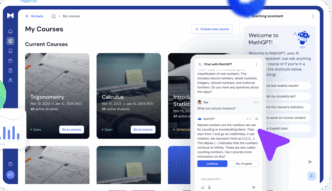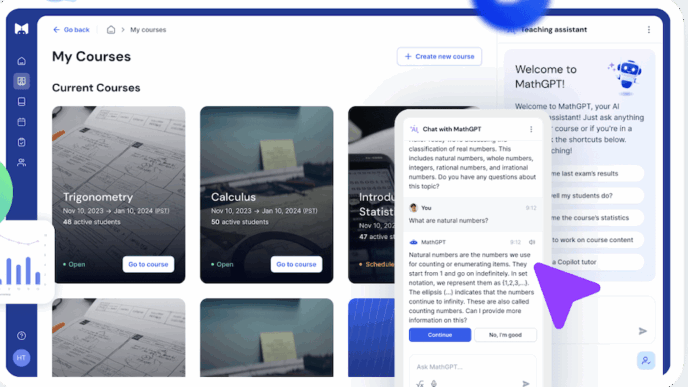Netstock launches AI tool that’s already pushed 1 million inventory tips — small businesses say it’s saving them big
Inventory management player Netstock just rolled out a generative AI add-on called the Opportunity Engine. It plugs into existing dashboards and pulls ERP data to push real-time inventory advice.
The tool claims to have delivered over 1 million recommendations so far. A solid 75% of users got tips worth $50,000 or more.
Family-run restaurant supplier Bargreen Ellingson was skeptical at first.
Jacob Moody, chief innovation officer, told TechCrunch how they eased into it.
“Old family companies don’t trust blind change a lot,” Moody said.
“I could not have gone into our warehouse and said, ‘Hey, this black box is going to start managing.’”
“I pitched Netstock’s AI internally as a tool that warehouse managers could ‘either choose to use, or not use’ — a process I describe as ‘eagerly, but cautiously dipping our toes’ into AI.”
The AI sifts through heaps of reports the warehouse team usually tackles to catch mistakes. It’s not 100% perfect but “helps create signals from the noise,” especially during off-hours, Moody added.
Moody noticed a big boost for newer, less senior warehouse staff.
“One employee with a high school diploma who’s worked for two years — training him to grasp all inventory tools and forecasting info takes time,” Moody explained.
“But he knows our customers and what he loads daily. He sees this AI insight and quickly judges if it makes sense or not. So he feels empowered.”
Netstock cofounder Kukkuk says the decade of customer data powers the AI’s recommendations. Customers can thumbs up or down suggestions, and actions taken fine-tune the models.
“I don’t really care about eyeballs, you know? Facebook and Instagram care about eyeballs, so they want you to look at their stuff. We care about: ‘what is the outcome for the customer?’” Kukkuk said.
The AI stays in the dashboard and can be dismissed easily. It’s not aggressive, unlike Google Docs cramming too many AI features.
Moody likes the hands-off approach.
“We’re not letting the AI engine make any inventory decisions that a human hasn’t looked at and screened and said, ‘Yes, I agree with that,’” he said.
“If and when we ever get to a point where they agree with 90% of the stuff that it’s suggesting, maybe we’ll take the next step and say ‘we’ll give you control now.’ But we’re not there yet.”
The rollout stands out as many generative AI pilots still fail to deliver.
But Moody worries about AI’s future impact on jobs.
“Personally, I’m afraid of what this means. I think there’s going to be a lot of change, and none of us is really sure what that’s going to look like at Bargreen,” he said.
“It could lead to there being fewer data science experts on staff… preserving knowledge is important.”
“Bargreen needs people who ‘deeply understand the theory and the philosophy and can rationalize how and why Netstock is making certain recommendations,’ and to ‘make sure that we are not blindly going down’ the wrong path.”














